Apple's Everyone Can Create curriculum — in Action
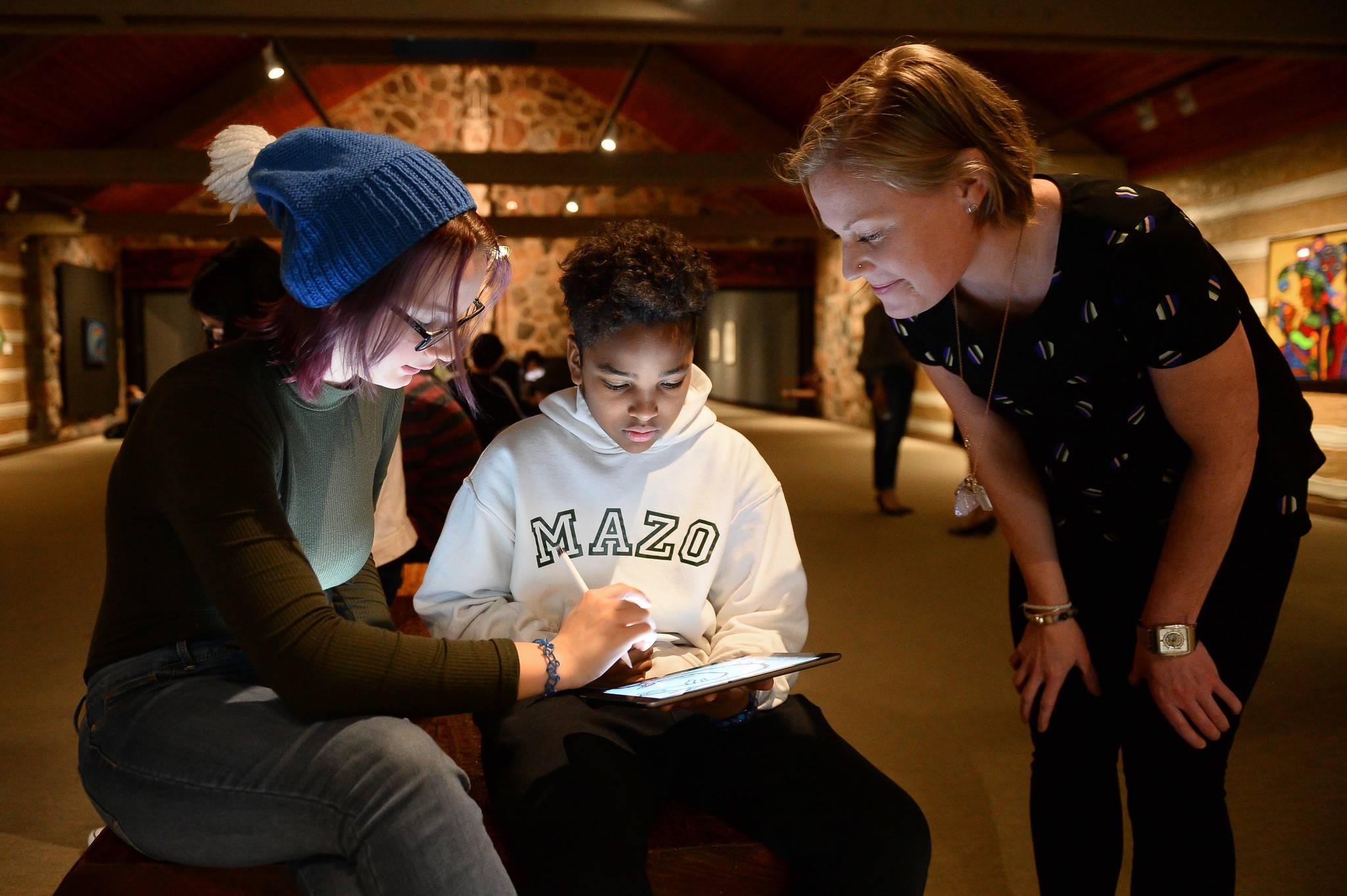
iMore offers spot-on advice and guidance from our team of experts, with decades of Apple device experience to lean on. Learn more with iMore!
You are now subscribed
Your newsletter sign-up was successful
At Apple's March Education Event, the company introduced a companion to its Everyone Can Code curriculum — Everyone Can Create. With Everyone Can Code, Apple sought to help schools and students implement programs from primary through post-secondary all based on the reality that programming is a form of communication with which everyone needs to be familiar. Everyone Can Create follows up on that with applicable, skills-based learning for music, photography, and video — everything you can do with the tools now powered by code.
As much as Apple is often berated by It professionals in education for not providing rip-and-replace solutions identical to Microsoft of Google, and by budgeting offices for not making keyboard-equipped iPads as cheap as Chromebooks or Windows devices in school, what Apple is doing seems to be genuinely different.
Apple never made beige boxes, office apps, and internet information servers to compete with Microsoft in Enterprise. The company never made budget handsets to compete with the free-with-Facebook carrier offerings. Apple has never been about being just another commodity. Especially not in education.
What Apple is doing isn't just different in terms of approach, it's different in terms of philosophy.
Earlier today I got to watch the grade 7 and 8 students of Mazo de la Roche Public School test-drive Everyone Can Create at the McMichael Art Collection. The students were familiar with iPads — and had done some stunning work on them with fingers and third-party stylus pens — but this was their first time trying the Apple Pencil.
As part of McMichael's Sketch Detectives program, the students came in and learned about native Canadian art. They got to see first-hand examples and hear about the history and meaning behind the work. Then, they were given iPads and Apple Pencils and asked to create their own works based on their own stories.
The app they used was Tayasui Sketches School
iMore offers spot-on advice and guidance from our team of experts, with decades of Apple device experience to lean on. Learn more with iMore!
Getting the program up and running wasn't easy. Mazo de la Roche Public School has hundreds and hundreds of students and a faculty and parents that had to buy into the advantages of Apple's approach to education. But, over time, as the school rolled out everything from a green screen studio where the kids to record podcasts and videos, to paying special attention to kids with special needs or who were otherwise isolated and withdrawn from traditional approaches, they all started to see the value. Especially the students who, with an assortment of apps and mediums suddenly available to them, could find their voice and, though it, their agency.
For them it wasn't about whether Apple had the same services and management infrastructure as Google or Microsoft — though I'm sure that's something the school has to contend with — or whether iPads were ultimately as inexpensive as budget laptops — which have their own costs over time — but about the results they could get for each individual student.
I'm sure many would argue that that's not realistic in our age of under-funding, standardized testing, and school systems so challenged it sometimes feels like an everyday exercise simply to survive. But whether it happens in the schools or it happens at home, whether it's something that's available to everyone today or merely helps point towards a better prioritized, better invested tomorrow, I think it's important that companies like Apple are providing alternatives.
It's clearly where Apple thinks it can best provide value. And, judging by the work and understanding produced by the grade 7 and 8 students of Mazo de la Roche Public School during their introduction to Everyone Can Create, Apple might be right.

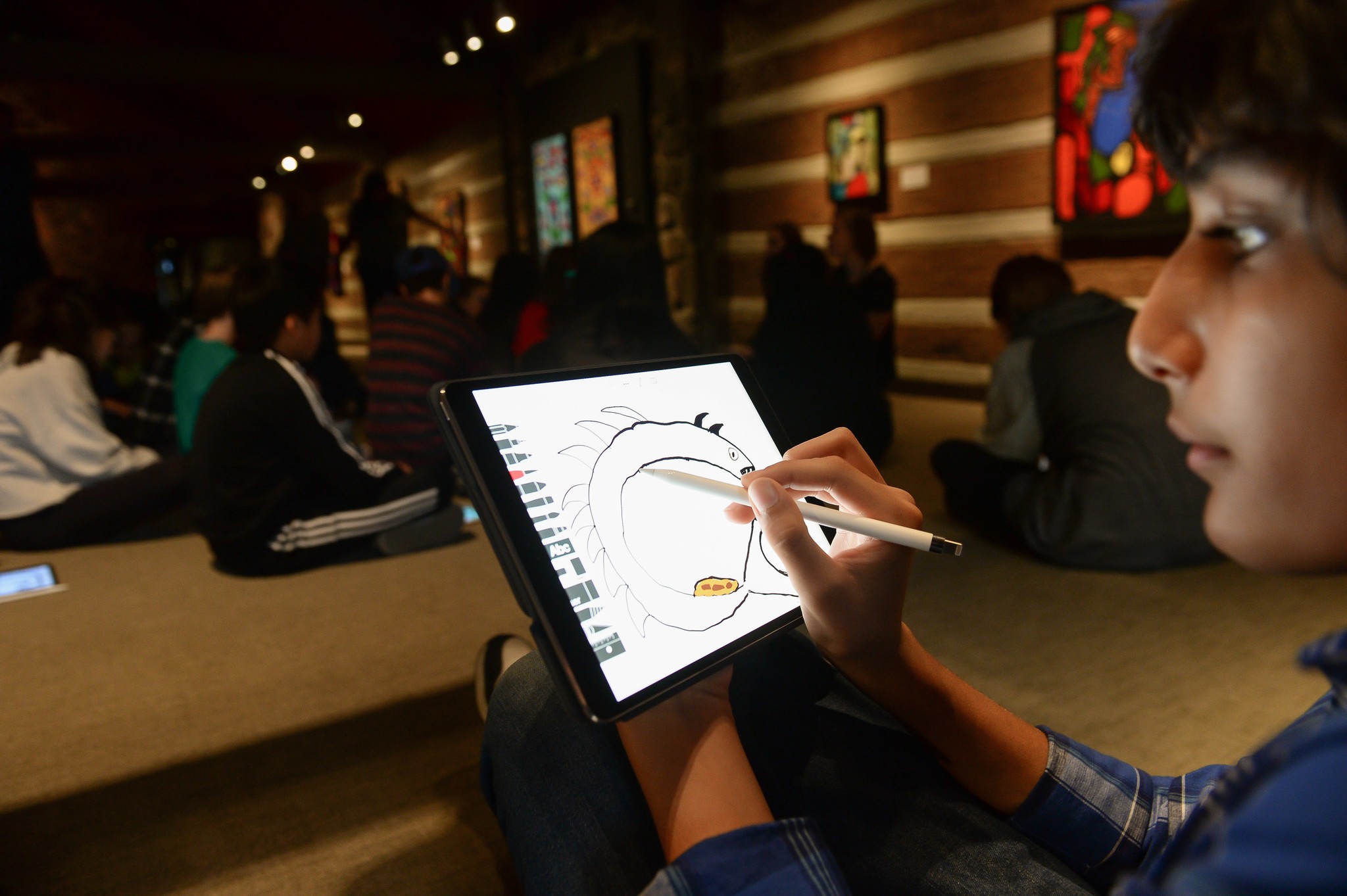
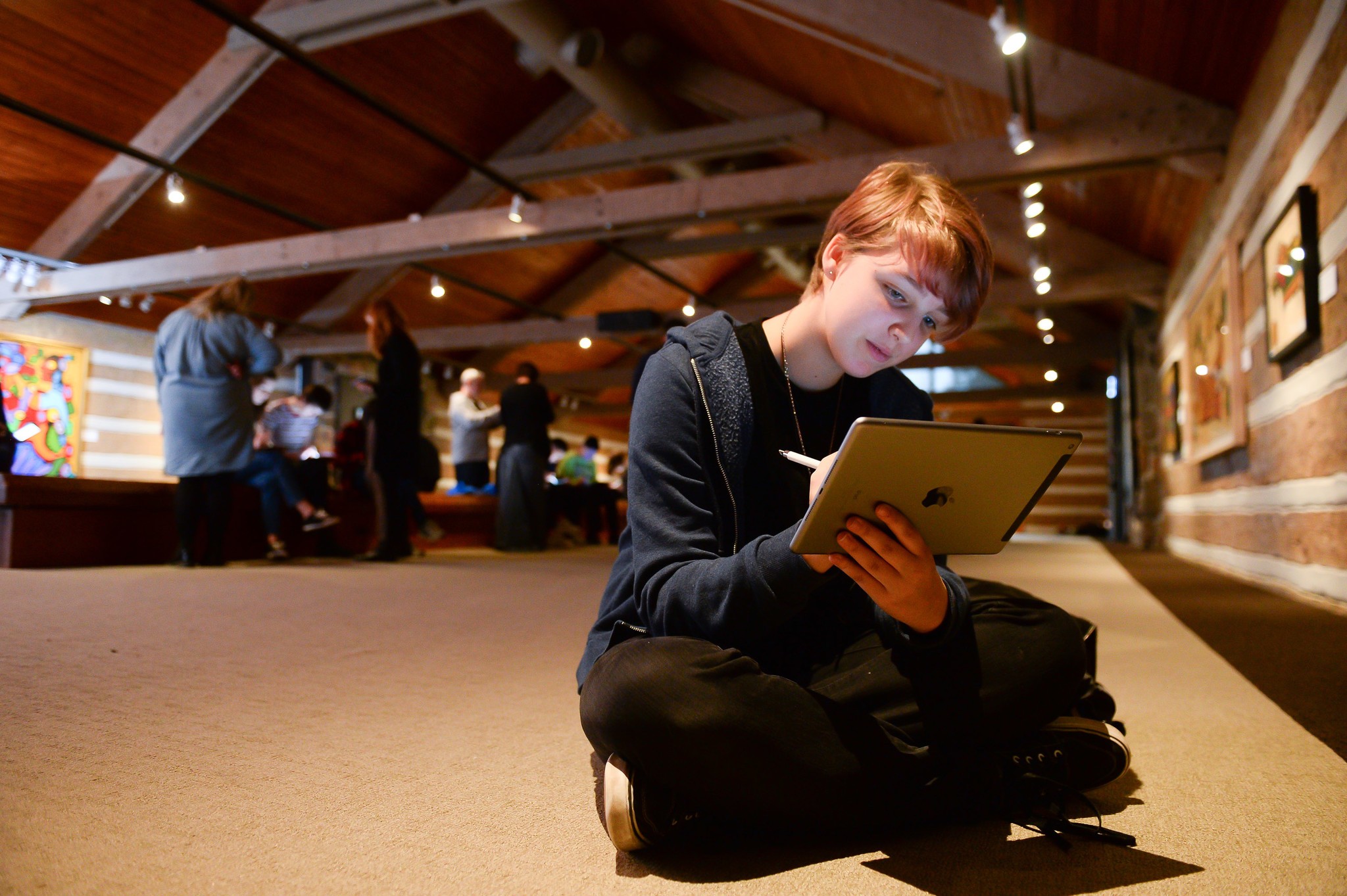
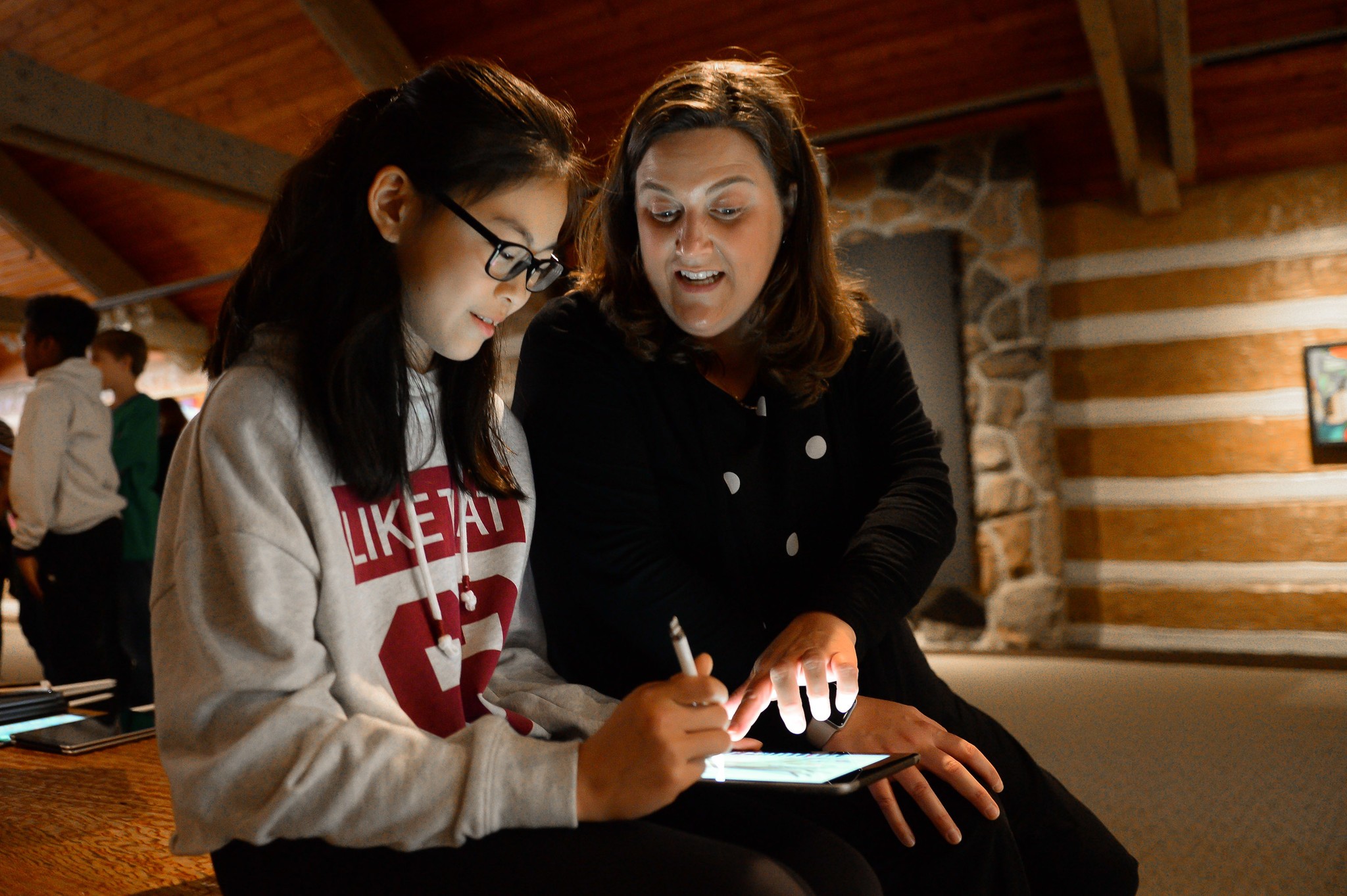
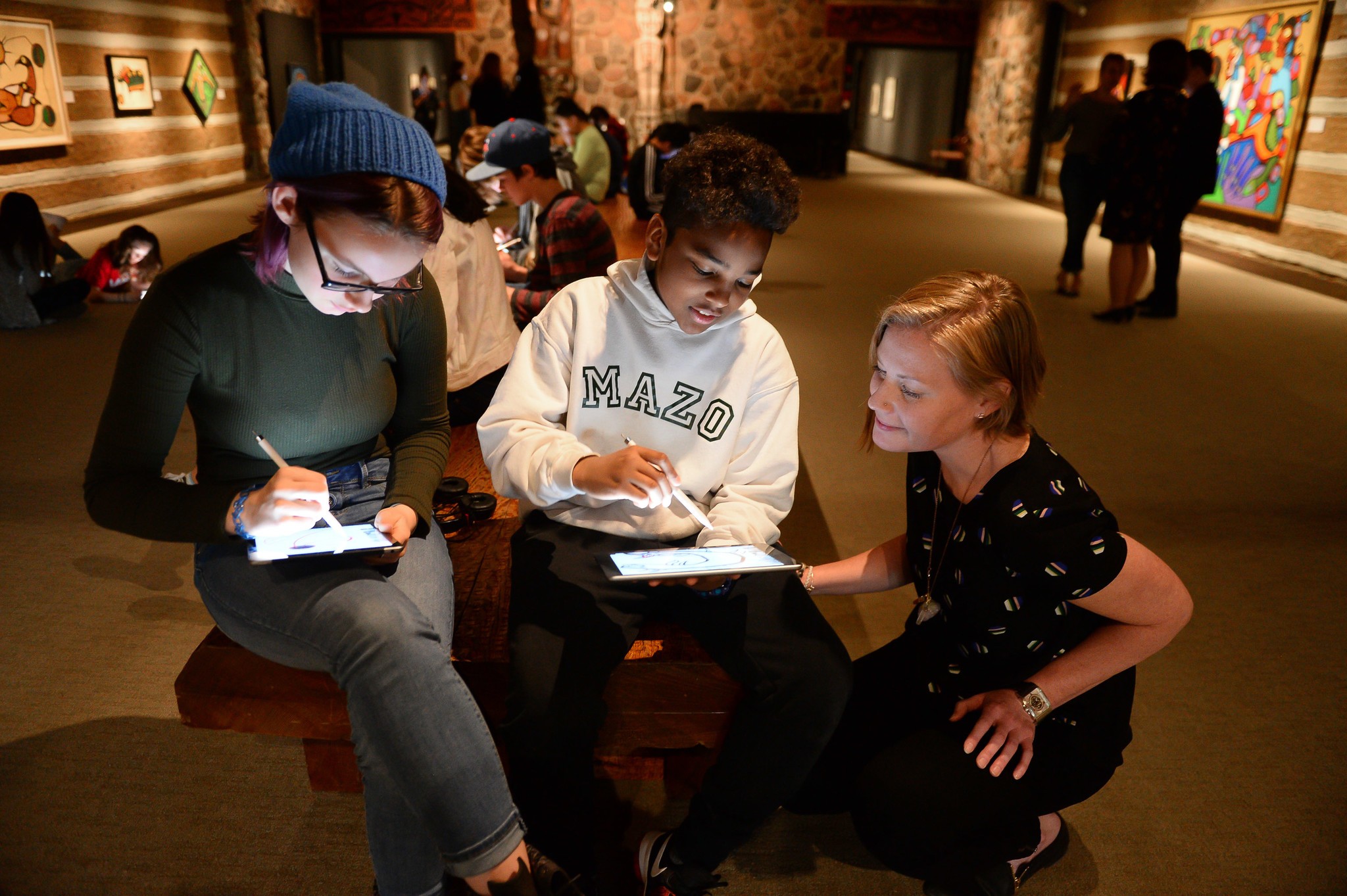
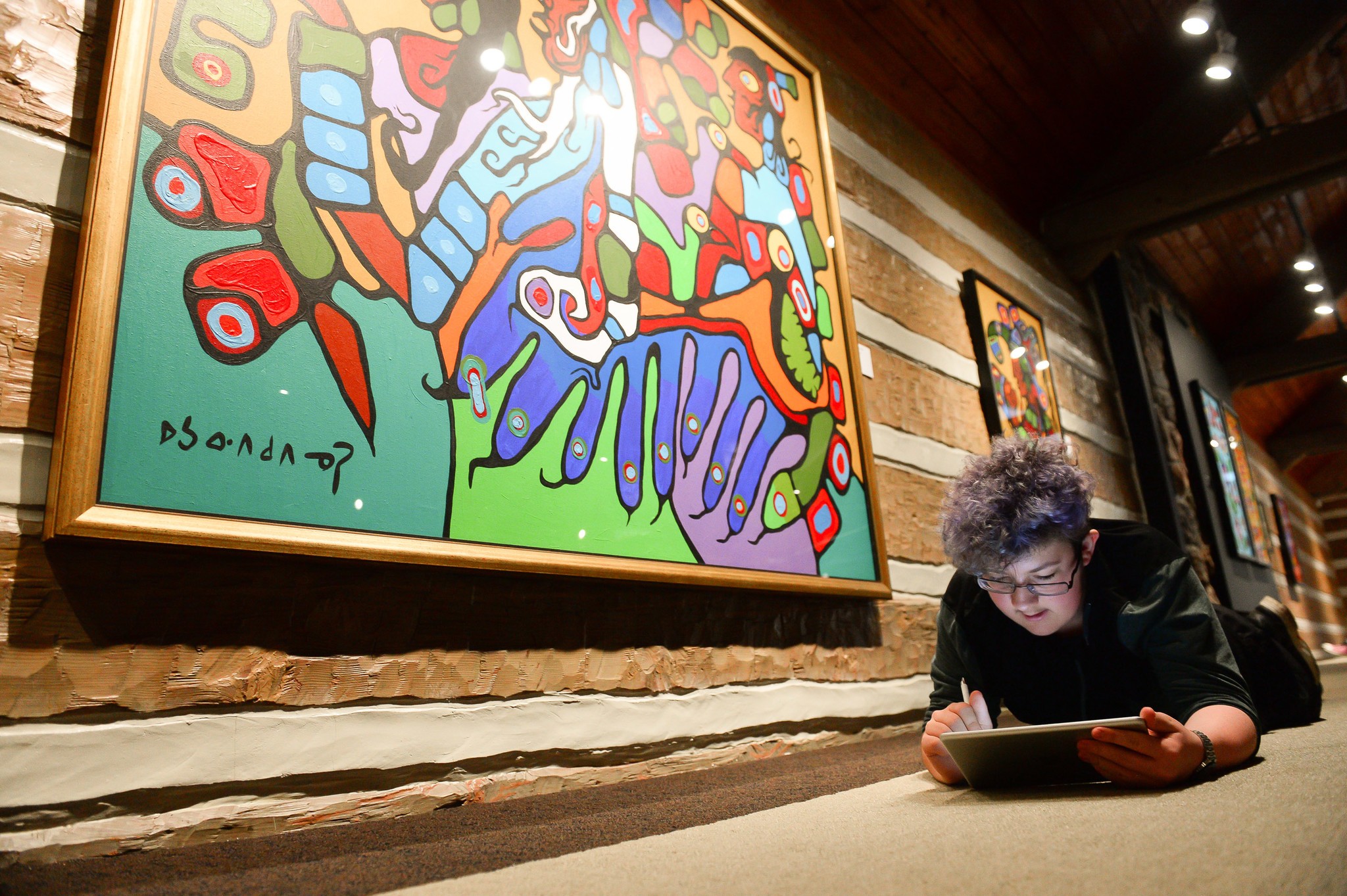

Rene Ritchie is one of the most respected Apple analysts in the business, reaching a combined audience of over 40 million readers a month. His YouTube channel, Vector, has over 90 thousand subscribers and 14 million views and his podcasts, including Debug, have been downloaded over 20 million times. He also regularly co-hosts MacBreak Weekly for the TWiT network and co-hosted CES Live! and Talk Mobile. Based in Montreal, Rene is a former director of product marketing, web developer, and graphic designer. He's authored several books and appeared on numerous television and radio segments to discuss Apple and the technology industry. When not working, he likes to cook, grapple, and spend time with his friends and family.

